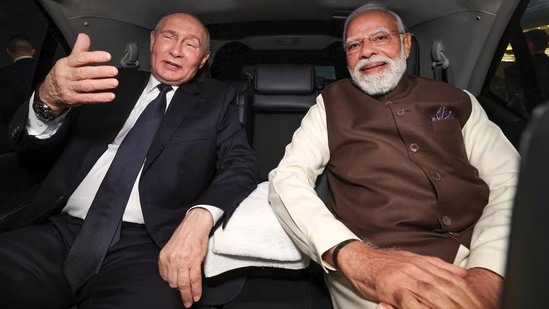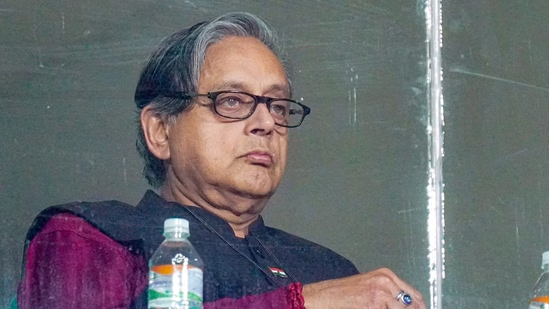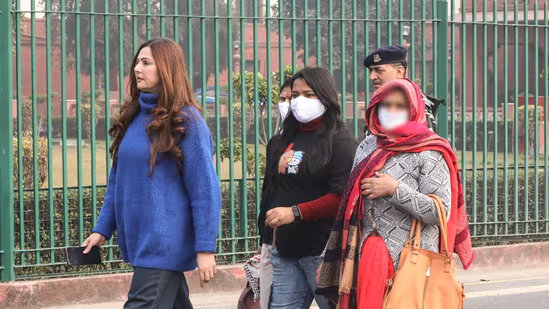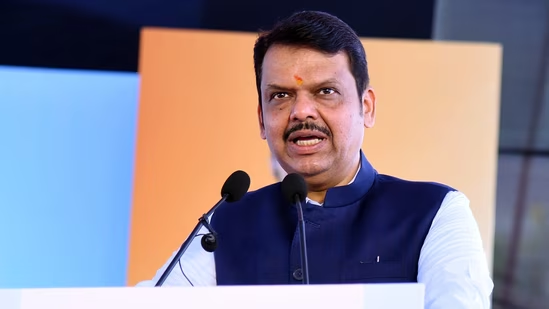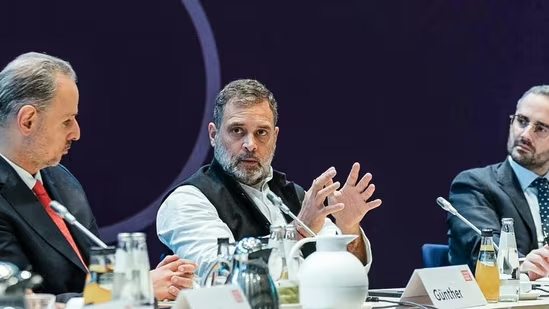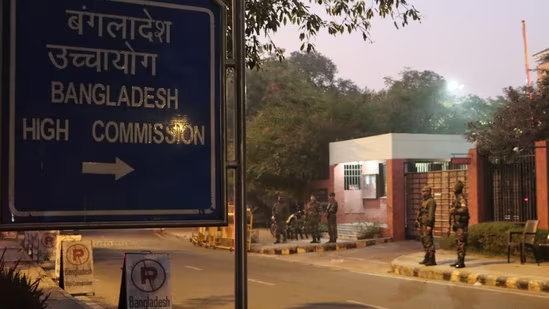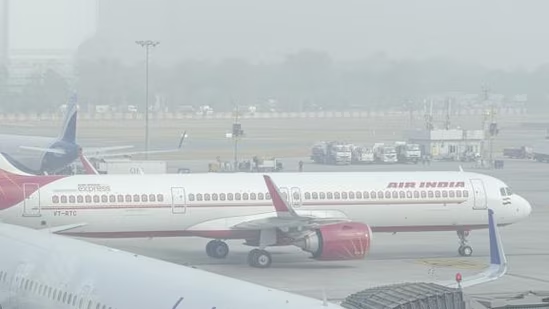Washington:
Even as the US slapped fresh tariffs on several nations, US President Donald Trump on Tuesday said Washington was close to making a trade deal with India. Trade negotiators from Washington and New Delhi are pushing to finalise a tariff-reducing deal, but disagreements over dairy and agriculture sectors are delaying the process.
“We’ve made a deal with the United Kingdom, we’ve made a deal with China, we’ve made a deal – we’re close to making a deal with India…Others we met with, we don’t think we’re going to be able to make a deal. So we just send them a letter,” he said at the White House.
Trump’s remarks came after the US unveiled the first in a wave of promised letters that threaten to impose higher tariff rates on key trading partners, including Bangladesh, Thailand, South Korea and Japan, to come into effect starting August 1.
“We’re sending out letters to various countries telling them how much tariffs they have to pay. Some will maybe adjust a little bit depending if they have a cause, we’re not going to be unfair about it,” the US President said.
US-India Mini Trade Deal
Both sides are at loggerheads over a number of issues, including Washington’s demand that India open its market to genetically modified crops – a long-standing red line for New Delhi due to risks to its farmers.
The US is also pressing for greater market access to the Indian agricultural and dairy sectors. But both these sectors are also likely to be kept out of the purview of the proposed deal due to concerns over rural livelihoods and food safety.
Agriculture and its allied areas contribute just 16 per cent to India’s $3.9 trillion economy but sustain nearly half of the country’s 1.4 billion population. The prospect of cheaper imports from the United States threatens to drive down local prices, handing the opposition a fresh opportunity to attack the government.
New Delhi has traditionally kept agriculture out of Free Trade Agreements with other nations. Granting market access to the US could force India to extend similar concessions to other trading partners.
India, on the other hand, is reportedly pushing for meaningful tariff concessions on its labour-intensive exports like footwear, garments, and leather, which are major job creators.
New Delhi is unwilling to sign a deal that doesn’t address both sectoral access and reciprocal tariffs on its exports, with negotiators maintaining that without broader tariff cuts, especially on high-employment goods, the goal of doubling bilateral trade to $500 billion by 2030 is unrealistic.
Per an NDTV profit report, the focus of the deal has narrowed to reciprocal tariff reductions or removals, as officials have called on both nations to prioritise lowering overall duty barriers.






